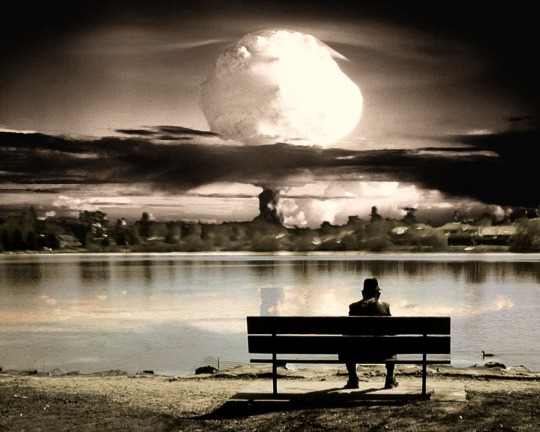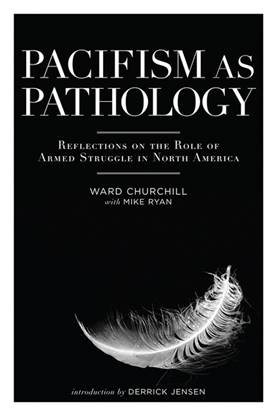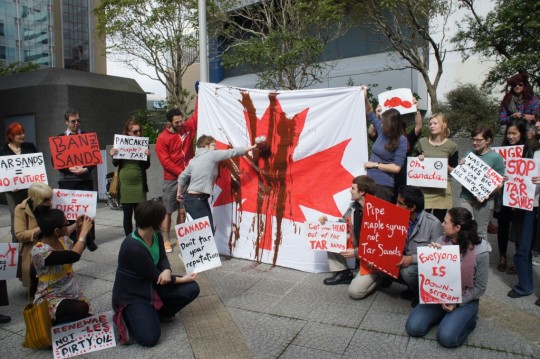How Obsession with “Nonviolence” Harms the Palestinian Cause
“Oppressed people do not and should not have to explain their oppression to their oppressor, nor tailor their resistance to the comfort of the oppressors and their supporters.”
Opinion/Editorial

Palestinians do not have to tailor their resistance to the liking of the oppressor class and their supporters.
This discourse has been adopted by the Palestinian popular struggle committees, born after the success story of the occupied West Bank village of Budrus that embarked on popular protests and managed to regain 95 percent of its lands that were expropriated by Israel’s apartheid wall in 2003. However, the obsessive, fetish-like concentration on a specific type of resistance has in one way or another contributed to the delegitimization of other forms of resistance, while simultaneously closing off open discussion on what popular resistance actually is.
An historical overview of Palestinian resistance would testify to its use of different forms, although they were not viewed separately by Palestinians themselves. Palestinians were aware of their rights being stripped from them and confronted their occupiers.
There were the 1929 Wailing Wall/Buraq Wall demonstrations against the domination of the site by Jews who were backed by the British Mandate that resulted in the deaths of hundreds of Palestinians and Jews; the 1935 armed uprising spearheaded by Izz al-Din Qassam against British soldiers; the six-month trade strike against the British Mandate and Jewish colonialists the following year; and the subsequent three-year uprising brutally crushed by the British.
During the outbreak of what became known as the first intifada, in 1987, the iconic image of a Palestinian rock thrower facing a fully-armed, sophisticated army “redeemed” the Palestinian resistance of hijacking planes in the 1970s.
No need to explain
Nowadays, Israelis and internationals and unfortunately even some “enlightened” Palestinians champion “nonviolent resistance” and consider throwing a rock to be a violent act. The argument goes that throwing rocks tarnishes the reputation of Palestinians in the western world and immediately negates the “nonviolent/peaceful” resistance movement. This argument falls into the trap of western- (read, colonizer) dictated methods of acceptable means to resist.
Oppressed people do not and should not have to explain their oppression to their oppressor, nor tailor their resistance to the comfort of the oppressors and their supporters.
The last time we truly had a genuine, grassroots popular resistance movement in Palestine (before the protests against Israel’s apartheid wall in the West Bank village of Budrus in the early 2000s) was during first three years of the first intifada.
In 2005, people in the village of Bilin began their weekly protests against the wall Israel built on their land. The Popular Struggle Coordination Committee (PSCC) was formed in 2008, touted as the rebirth of popular resistance as more and more West Bank villages started their own weekly protests and were effectively swept under the wings of the PSCC.
Mohammed Khatib, one of the founders of the PSCC, told me in an interview that the committee “sought to undertake creative direct action as a result of the low numbers in the protests.” →








